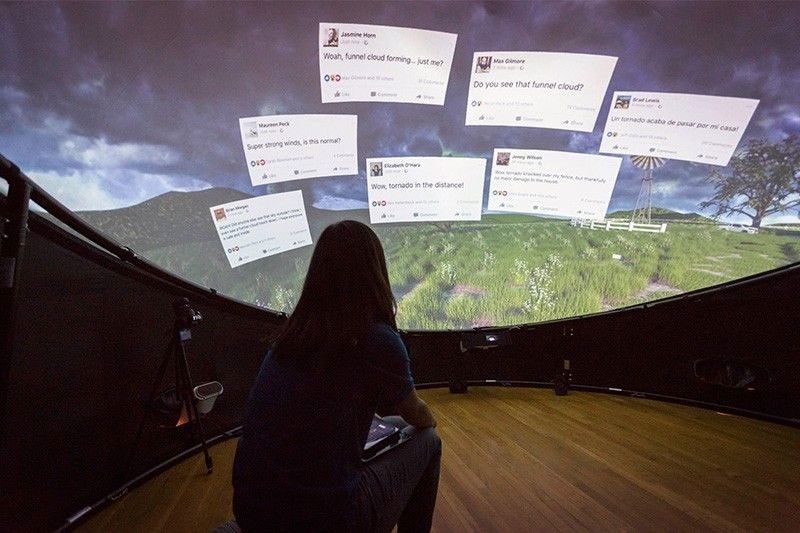Fake news took new form in 2019 polls — study

MANILA, Philippines — The distribution of false information online took a new form in the 2019 elections, a study on digital disinformation revealed.
Researchers from the Digital Disinformation Tracker Project, an initiative that looked into the spread of false information during elections, said there had been a shift on how political content was shared to online Filipino users in the recent polls.
“In 2016, most of the disinformation came from the macro influencers or those with 500,000 followers and above,” University of the Philippines political science professor JM Lanuza told “The Chiefs” aired on Cignal TV’s One News on Thursday night.
“But in 2019, because of regulations from Facebook and the backlash from civil society, disinformation shifted to a micro level – micro media influencers or online celebrities with a smaller number of followings, 10,000 to 20,000,” he added.
With these “micro influencers” having a smaller following, he said monitoring of content – including of false information shared by these accounts – had become more difficult.
“It’s in the thousands,” he said, comparing it to 2016 when candidates tapped only certain personalities like Mocha Uson to help in social media engagement. “A lot of these accounts (used in 2019) are hard to track and who’s tracking them.”
Rossine Fallorina, also a researcher for the project, explained that the shift enabled candidates to target voters who do not regularly come across political content.
He said candidates tapped micro influencers that post generic, non-political content such as jokes, inspirational messages and other pop culture materials.
“What they do in between those generic posts is that they seed specific (political) hashtags,” he added. “What we noticed is that it’s not just a specific influencer doing that. It’s a network of influencers.”
Fallorina also noted the spread of disinformation among closed Facebook groups, which he said are harder to monitor because the content is not out in public.
He cited instances of disinformation in social media groups of overseas Filipino workers and those who subscribe to conspiracy theories.
Both sides
According to the researchers, both sides of the political spectrum were guilty of spreading disinformation.
“In terms of quantifying who did more, it would be really difficult to tell. We can confidently say that both sides, the administration and opposition, are employing these tactics,” said Fallorina.
“There are specific camps who are more into political parodies, alternative news sites,” he added.
Lanuza stressed the need for process-based regulation to address the spread of disinformation online.
“When you look at a process regulating approach, you’re shifting the focus from what types of speech are allowed in public sphere to how can we make all of these more transparent, accountable. That’s really the less dangerous way of doing it,” he said.
“It should be a collaborative effort between civil society, the academics and the government, even the (public relations) firms themselves,” he added.
- Latest
- Trending






























